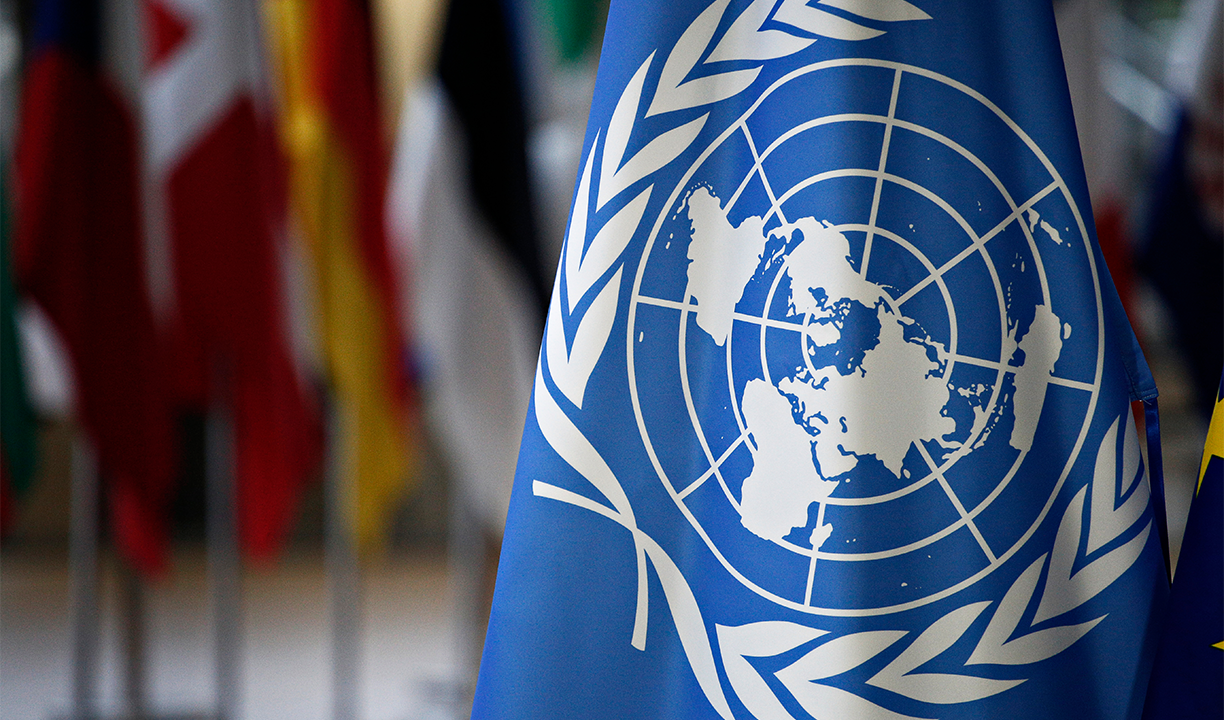
Collaboration of Luciana Targino
After assessing the situation in Brazil, the Special Rapporteur on violence against women, Reem Alsalem, defended, this Thursday (6/22), during the 53rd meeting of the United Nations Human Rights Council, the end of any and all legislation based on the so-called “parental alienation syndrome”, considered by many specialists as a “pseudoscience” or a “non-existent pathology”.
In the document, she states that efforts to end domestic violence in Brazil “are not actively carried out” and denounces that lawyers and specialists who work in defense of parental alienation are “lobbying to ensure that no measures were taken to protect victims ”.
In 2017, a Parliamentary Commission of Inquiry in Brazil found a correlation between alienation, domestic violence and sexual abuse.
With the UN position, it is now expected that the movement that calls for the repeal of Law 12,318, the so-called Parental Alienation Law, will gain strength in Brazil. Approved in 2010, the Law arose from a proposal by Deputy Regis de Oliveira, from the PSC-SP.
Currently, four bills are being processed that deal with the repeal of the Parental Alienation Law. Two of them, PL 6371/2019 and PL 2812/2022 are pending in the Chamber of Deputies. Two other bills are pending in the Senate, PL 1372/2023, authored by Senator Magno Malta (PL-ES), and PL 2235/2023, proposed by the Commission on Human Rights and Participatory Legislation, led by Senator Paulo Paim (PT- LOL)
“Within the context of cases involving child custody, there is a multifaceted violence that has not yet entered the collective consciousness of the international community as a human rights issue,” said the rapporteur.
According to her, when a mother is accused of alienating her child, the accusation becomes a kind of “self-fulfilling prophecy”. So, complaints about gender or sexual violence are relegated to the background, reduced to a minor conflict that pathologizes and stigmatizes women and their children.
In recent days, Reem Alsalem’s report obtained more than 6 thousand signatures in Brazil. The document shows the violations of the human rights of women and children carried out with the support of the so-called “law of parental alienation”. The consequences, according to her, are disastrous, especially for women and their children when victims of gender or sexual violence committed by the father.
“Within the context of child custody cases, there exists multi-layered violence that has yet to enter the collective conscience of the international community as a human rights issue”
Reem Alsalem (@UNSRVAW) speaking at the @AND Human Rights Council.#HRC53 pic.twitter.com/UDN7Pp0kzR
— United Nations Human Rights Council 📍 #HRC53 (@UN_HRC) June 22, 2023
Also according to the document, after Reem Alsalem expressed his concern about the use of parental alienation syndrome in Brazil and Spain, cases in Europe, Latin America and the Caribbean were reported.
Also according to the report, a study in Brazil found that women were accused of parental alienation in 66 percent of cases, as opposed to 17 percent of cases where a man was accused, and men made more accusations. baseless than women.
As a result, the National Health Council (CNS) even recommended to the National Congress that they revoke the Parental Alienation Law for harming women and children, benefiting men, even when they are aggressors or abusers of the mother or children.
According to the Council, the so-called “parental alienation syndrome” is a concept without scientific validation, not recognized as a syndrome by the American Medical Association, the American Psychological Association and not included in the Diagnostic and Statistical Manual (DSM) of the American Psychiatric Association as a psychiatric disorder.
marital violence
Also according to the rapporteur, the failure to consider marital violence and violence against children in decisions about custody and visitation “constitutes a violation of the rights of the child and the principle of the best interest of the child”.
This happens, among others, because the concept of parental alienation is “used in family law litigation by aggressors as an instrument to continue their abuse and coercion and to undermine and discredit the allegations of domestic violence presented by mothers trying to keep their children safe”.
Therefore, she asks that the States adopt measures such as the exclusion of the concept of parental alienation from the legislation and the training of the judiciary in gender prejudices and the dynamics of gender violence.
The president of the NGO Vozes de Anjos, psychoanalyst Ana Maria Iencarelli, reveals that the shared law has led many women to be forced to live with the abusive father. Among the cases, she tells the story of a child who did not want to go to his father’s house. The mother had already been a victim of domestic violence, even having a broken rib. Still, the judge gave shared custody saying the parents needed to understand each other
Another woman victim of domestic violence who did not want to be identified reports having been led, by the dynamics of the conciliation hearing, to leave her children with the former aggressor. “To make matters worse, the children started to get violent and attack me, like a mirror of what they experienced in their father’s house”, she said.
“During the hearing, the judiciary evoked the same arguments of the so-called parental alienation syndrome to convince me to accept that. I felt like I was being assaulted again,” she said. Her mother suffered numerous domestic violence that could not be detailed to prevent her from being recognized.
According to the experts consulted, the aggressors use the children to take revenge on the women who dared to leave an abusive relationship and denounce the aggressions suffered. And, for that, they are capable of using any type of strategy, including the so-called Parental Alienation Law. In some cases, they even condition the return of a child removed from the mother’s life to the return of the former partner to the home.
Research associate at the University of Oxford and PhD in Psychology at the University of Sussex, Josimar Mendes also criticizes the assumptions of “parental alienation” and the “Parental Alienation Act”.
This does not mean, however, to deny that there are problems in family conflicts, but that they should not be treated in a simplistic and shallow way that only pathologizes, criminalizes and medicalizes the phenomena that occur after the breakup of the affectionate relationship between the parents.
“The law ends up only reinforcing stereotypes and misogynistic views about women, accentuating the risk and vulnerability of children and adolescents,” he said.
Check out the PL that called for the repeal of the Parental Alienation Law: https://www.camara.leg.br/propostas-legislativas/2233358
Join our WhatsApp group, clicking on this link
Join our Telegram channel, click this link
Source: https://www.diariodocentrodomundo.com.br/onu-denuncia-lobby-para-impedir-revogacao-da-lei-de-alienacao-parental-no-brasil-por-juba-maria/

